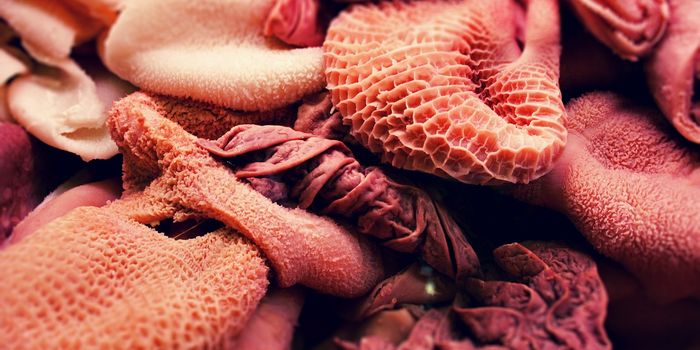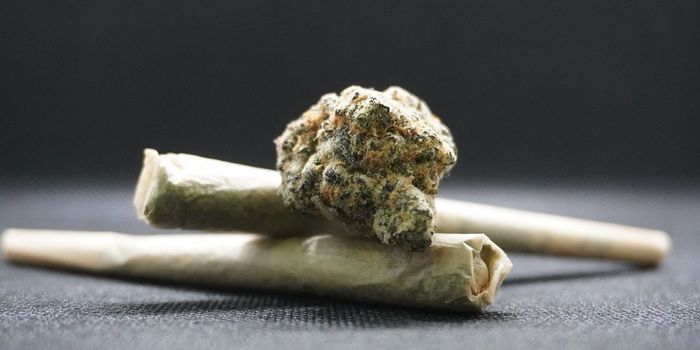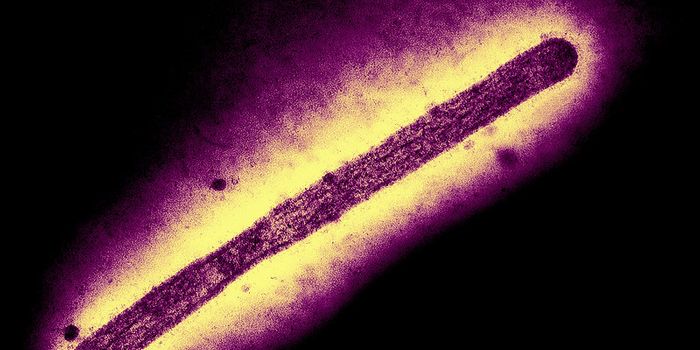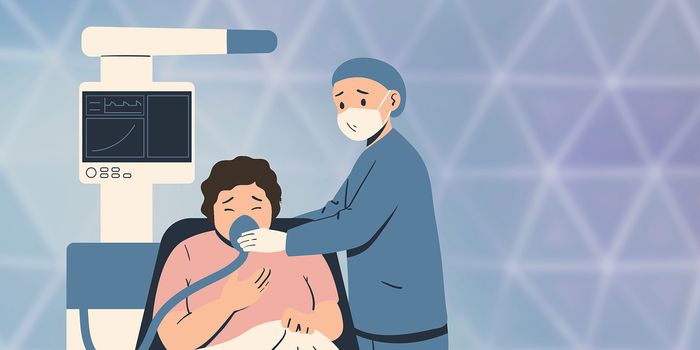Low-dose Lithium Has Anti-aging Effects on Liver
Low-dose lithium can block an enzyme linked to cellular aging and functional decline in the kidneys. The corresponding study was published in The Journal of Clinical Investigation.
Although commonly known as a treatment for bipolar disorder, lithium’s potential for treating age-related disorders has intrigued researchers for some time. Some experiments have found that it can extend the lifespan of fruit flies and roundworms. Meanwhile, other studies have suggested that tap water containing trace amounts of the element may be linked to increases in human longevity.
Kidney function declines by as much as 50% as people age, even in the absence of identifiable kidney disease. This can increase elderly patients’ risk of developing kidney failure and can complicate treatment of other conditions.
In the current study, the researchers reported that lithium targets GSK3-beta, an enzyme linked to cellular aging in the kidney and kidney function decline. In experiments, they found that knocking out the gene for GSK3-beta slowed kidney aging and preserved kidney function in animals.
In experiments with mice, they found that lithium chloride produced similar results. These mice also had lower levels of albuminuria- a protein in the urine, improved kidney function, and less cellular deficiency than a control group.
The researchers then validated their results by reviewing kidney health among a number of psychiatric patients. From lab tests, they noted that those receiving long-term lithium carbonate tended to have better kidney function than those without, despite comparable age and comorbidities.
They say, however, that while promising, further research is needed. While psychiatric doses of lithium come close to its toxicity limit, around a third of the psychiatric dose is needed for anti-aging effects.
"If we can validate this in pilot studies and eventually large-scale clinical trials lithium may emerge as an effective anti-aging medication for the kidney and potentially other organ systems and help to better preserve the health and well-being of our aging population, “ said Rujun Gong, MD, Ph.D, FASN, Professor of Medicine at the University of Toledo and one of the authors of the study.
Sources: The Journal of Clinical Investigation, Science Daily









